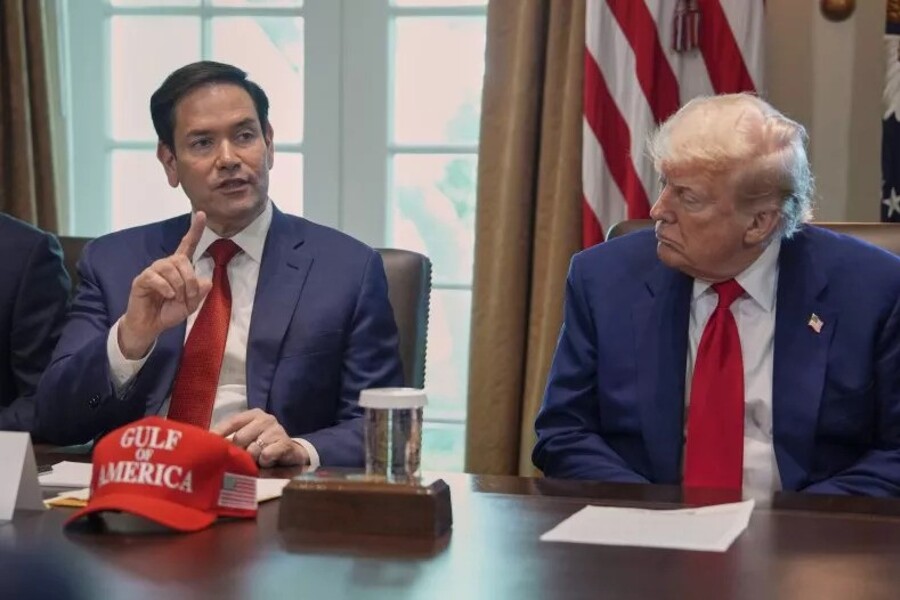The Trump administration is engaged in active negotiations with Rwanda to establish a new deportation agreement that would allow individuals, including non-Rwandan nationals, to be removed from the United States and relocated to the East African country. The proposed arrangement signals a bold expansion of the administration’s approach to immigration enforcement, with Rwanda potentially serving as a third-party destination for deportees from various regions, including Africa and the Middle East.
Two officials — one American and one Rwandan — confirmed the talks, which include considerations around financial compensation and other logistical matters. A decision is expected in the coming weeks. While Rwanda has not officially signed the agreement, it has already accepted at least one deportee under what sources describe as an informal trial — an Iraqi national who was reportedly expelled from the U.S. and flown to Kigali. Rwandan authorities have declined to release details about the individual’s case.
The idea of outsourcing deportations to distant countries is not new for the Trump administration. El Salvador, for example, has been receiving deportees, including third-country nationals, and housing them in high-security prisons for a fee, including the controversial CECOT facility. Mexico and Panama have entered similar arrangements. These moves have prompted a wave of legal challenges and international concern, especially regarding due process and the safety of those being removed.
Rwanda’s history with deportation programs adds another layer of complexity. In 2024, the United Kingdom, under then-Prime Minister Rishi Sunak, reached a deal with Rwanda to send asylum seekers there — a plan that was fiercely criticized and later scrapped when Keir Starmer came into office. Rwanda’s willingness to revisit such a program under a U.S. arrangement reflects both the country’s diplomatic positioning and its history of accepting controversial resettlement agreements.
The latest development emerged publicly during a televised Cabinet meeting, where Secretary of State Marco Rubio, seated beside President Trump, affirmed his intention to expand deportation partnerships. “We are working with other countries to say, ‘We want to send you some of the most despicable human beings,’” Rubio said. “The further away from America, the better.” His comments drew immediate attention for their harsh tone, reinforcing the administration’s hardline stance on immigration.
Rubio also highlighted broader U.S. engagement in Africa, mentioning ongoing peace negotiations between Rwanda and the Democratic Republic of Congo (DRC). He praised the efforts of Massad Boulos, the Trump administration’s special envoy to Africa — and Tiffany Trump’s father-in-law — who has been working to broker peace and promote billion-dollar mineral deals in the region. Rubio claimed a peace declaration had been signed between the DRC and Rwanda, expressing hope for a long-term resolution to regional conflict.
The dual-track diplomacy — forging deportation deals while facilitating peace agreements and economic investments — reveals a layered U.S. strategy in Central Africa. Critics, however, caution that using countries like Rwanda as deportation hubs raises ethical and legal questions. Human rights advocates warn that these arrangements could violate international standards, especially when deportees have no ties to the destination country.
As discussions continue, legal experts and global observers are closely watching how the agreement evolves. The implications are vast, potentially shaping the future of international deportation practices and influencing how other governments respond to migrant and asylum-seeker management. For now, the Trump administration appears determined to externalize the U.S. immigration burden, even if it means rewriting the rules on where deportees ultimately land.

